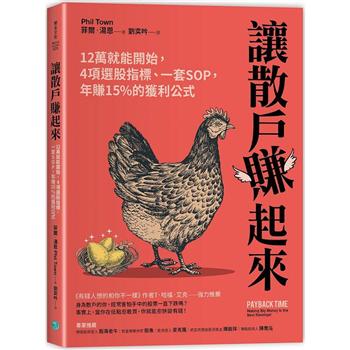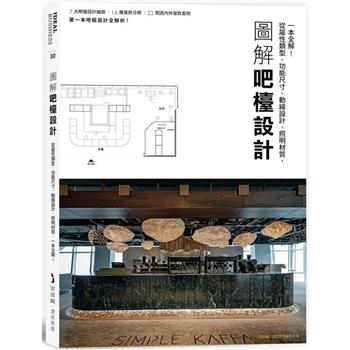"...a deeply researched and comprehensive book, chronicles the battle in great detail, including all American and allied units involved and some of the enemy units of the NVA’s Sao Vong (Yellow Star) Division." -- The VVA Veteran
Operation Masher/White Wing targeted the regiments of the North Vietnamese Army Sao Vang Division operating in the Bong Son area in northeast Binh Dinh Province in central South Vietnam. The operation started on January 24, 1966, immediately after the Vietnamese New Year (Tet) and ended six weeks later. It was led by newly promoted Colonel Harold G. Moore, who as a lieutenant colonel commanded the 1st Battalion, 7th Cavalry in the battle of Landing Zone X-Ray in the Ia Drang Valley two months earlier.
In 41 days of sustained fighting, the 1st Cav battled each of the three regiments of the Sao Vang Division, resulting in enemy losses of more than 3,000 KIA. This came at the cost of 199 Americans killed on the battlefield and 46 more who died in the crash of a U.S. Air Force C-123 aircraft en route to the battlefield, making it one of the deadliest battles of the entire Vietnam War.
Operation Masher/White Wing was a success. The 1st Cav demonstrated that it had the firepower, mobility, and leadership to find the enemy and deliver a severe blow to it in terms of personnel and equipment losses and in forced evacuation from formerly "secure" base areas, seemingly proving the value of the search-and-destroy strategy.
However within a few weeks, intelligence reports indicated that North Vietnamese soldiers were returning to the Bong Son area in small groups. By late April, the Sao Vang Division was back in the area in force. Operation Masher/White Wing proved to be the start of a very long and deadly struggle between the 1st Cav and North Vietnamese for control of Binh Dinh Province--multiple search & destroy operations eventually resulted in more than 9,000 enemy KIA and 2,358 enemy detained, with friendly losses of more than 1,200 KIA, 5,775 WIA, and 27 MIA. While Masher/White Wing demonstrated that search & destroy operations were very effective at the tactical level but without a high-level strategy to stop the unabated flow of fresh Communist troops and supplies into South Vietnam, it wasn’t clear just how they contributed to overall victory. At the start of 1968, General Westmoreland ordered the 1st Cav to terminate its operations in the Bong Son area, bringing the battle to a close.
| FindBook |
有 1 項符合
The Battle of Bong Son: Operation Masher/White Wing, 1966的圖書 |
 |
The Battle of Bong Son: Operation Masher/White Wing, 1966 作者:White 出版社:Casemate 出版日期:2024-02-29 語言:英文 規格:精裝 / 288頁 / 普通級/ 初版 |
| 圖書館借閱 |
| 國家圖書館 | 全國圖書書目資訊網 | 國立公共資訊圖書館 | 電子書服務平台 | MetaCat 跨館整合查詢 |
| 臺北市立圖書館 | 新北市立圖書館 | 基隆市公共圖書館 | 桃園市立圖書館 | 新竹縣公共圖書館 |
| 苗栗縣立圖書館 | 臺中市立圖書館 | 彰化縣公共圖書館 | 南投縣文化局 | 雲林縣公共圖書館 |
| 嘉義縣圖書館 | 臺南市立圖書館 | 高雄市立圖書館 | 屏東縣公共圖書館 | 宜蘭縣公共圖書館 |
| 花蓮縣文化局 | 臺東縣文化處 |
|
|
圖書介紹 - 資料來源:博客來 評分:
圖書名稱:The Battle of Bong Son: Operation Masher/White Wing, 1966
內容簡介
|











